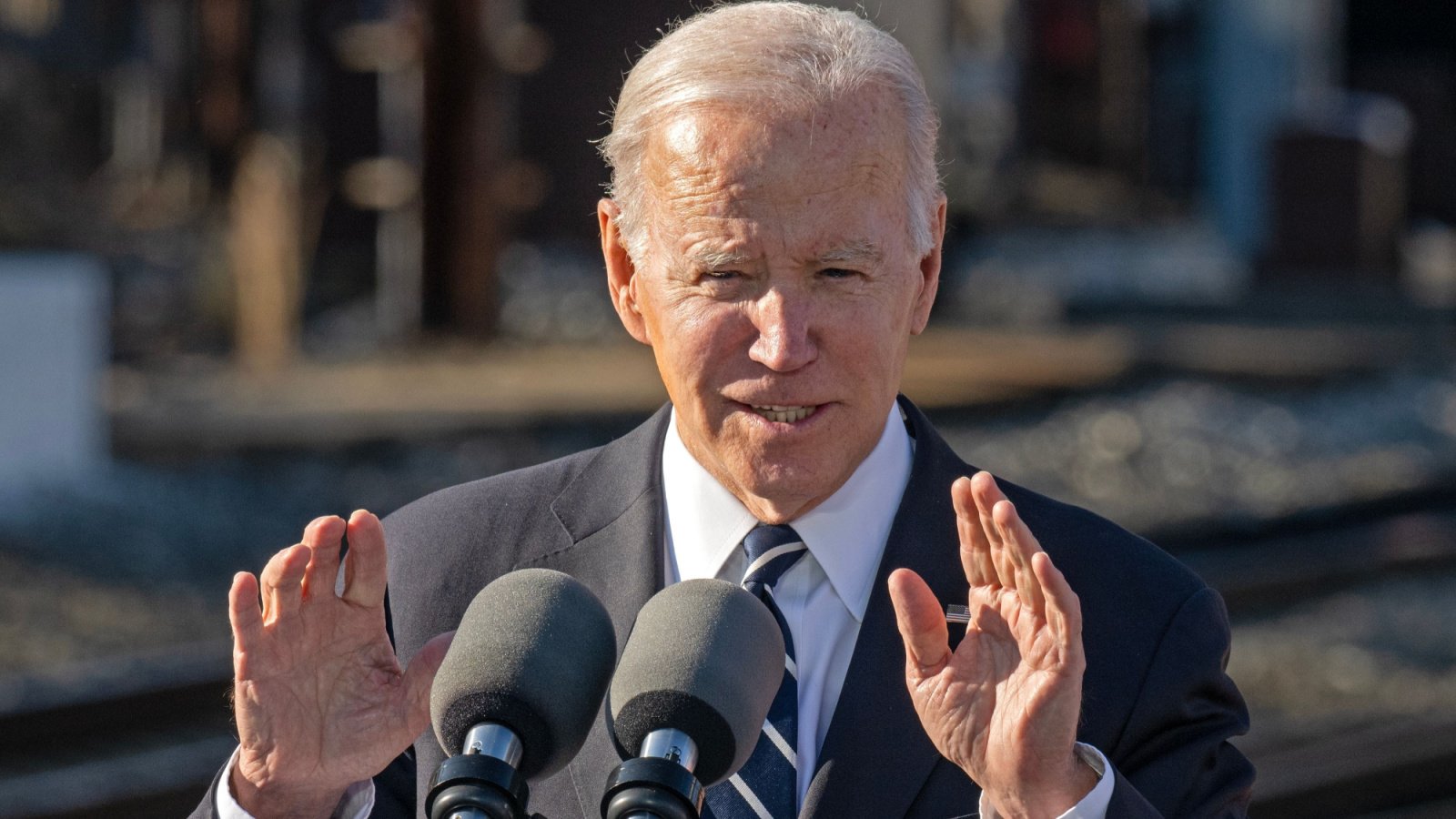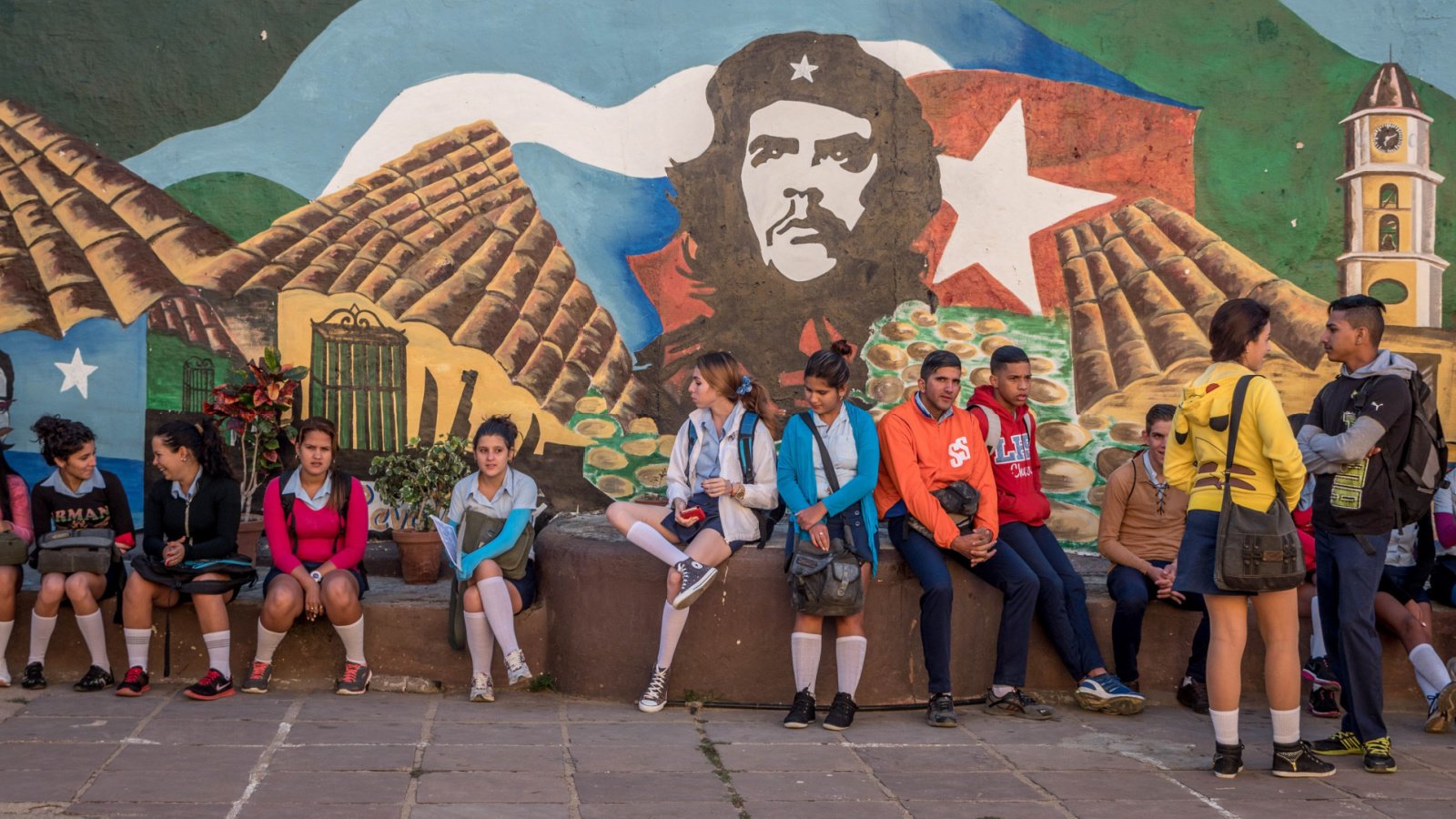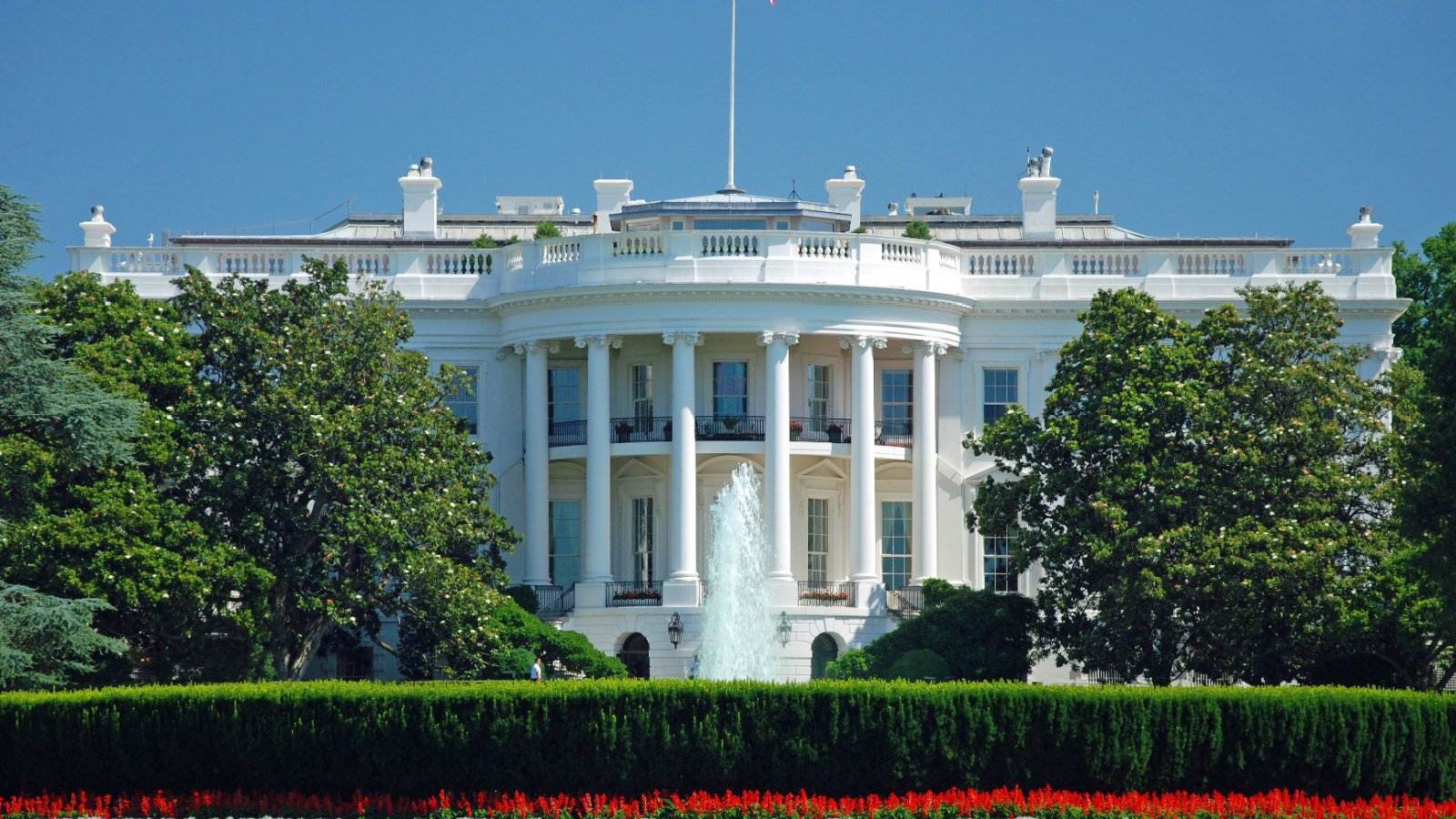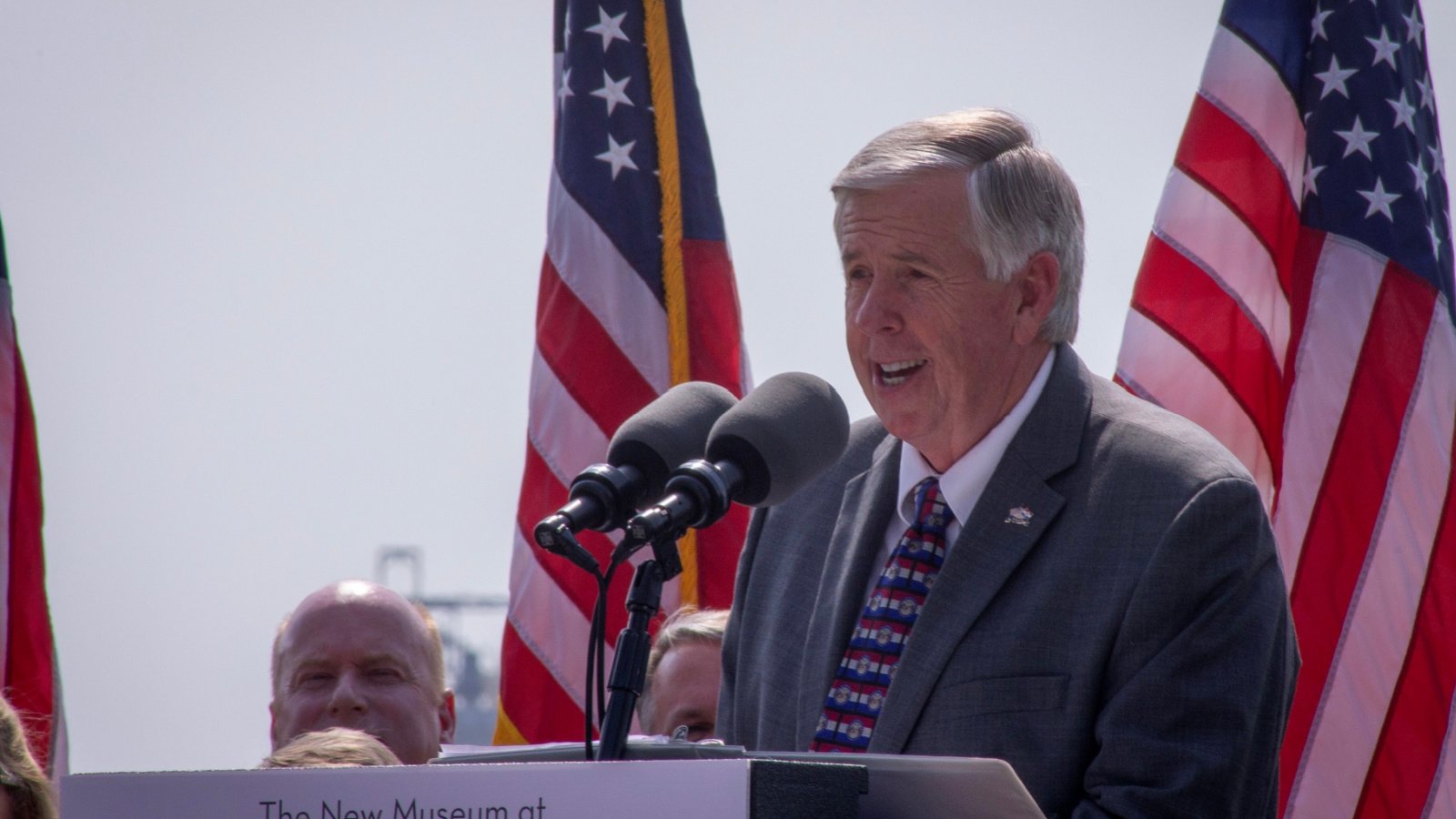The federal court recently upheld the humanitarian parole program, affirming the Biden administration’s approach to immigration. This decision counters challenges from Republican-led states, emphasizing the program’s role in addressing urgent humanitarian needs. The ruling impacts thousands of migrants and the national immigration debate.
A Legal Victory for Humanitarian Efforts

In a heartening decision out of Houston, the Biden administration’s effort to extend a helping hand through a humanitarian program remains intact, after a federal judge set aside a challenge from states led by Republicans. This program, a beacon of hope, allows up to 30,000 migrants each month from four countries to seek asylum in the U.S. on humanitarian grounds, standing as a testament to America’s ongoing commitment to offer refuge.
Judge Upholds Migration Program

U.S. District Judge Drew B. Tipton pointed out a crucial oversight by Texas and 20 other states: they failed to demonstrate any financial loss due to the humanitarian parole program, a key factor required for the legal challenge to proceed. While the judge’s ruling sidestepped the legality of the program, it emphasized the absence of harm claimed by the states, keeping the door open for those in dire need from Cuba, Haiti, Nicaragua, and Venezuela.
Policy Impact on Migration

By potentially remaining in place, the humanitarian parole program plays a pivotal role in shaping a more orderly and compassionate approach to migration. It underscores the Biden administration’s strategy to encourage legal pathways into the U.S., setting clear repercussions for those who choose otherwise, thereby managing migration flows more effectively.
Economic and Social Ramifications Debated

The program has been a subject of heated debate, with Texas leading the charge, arguing it burdens states with unforeseen costs in healthcare, education, and public safety. On the flip side, federal advocates highlight the positive impact, noting that the migrants have significantly contributed to alleviating the farm labor shortage in the U.S., showcasing the multifaceted effects of such humanitarian efforts.
White House Responds to Ruling

The ruling was met with open arms by the White House, emphasizing the program’s success in providing legal entry for nationals from the specified countries who have sponsors and pass a thorough vetting process. This initiative has not only strengthened lawful migration pathways but also significantly reduced unauthorized border crossings, marking a milestone in the administration’s immigration policy.
The Future of the Program

While the Texas Attorney General’s Office holds its response, an appeal by the challenging states looms on the horizon. Yet, the program’s impact is undeniable, having welcomed over 357,000 individuals since its inception in fall 2022, with Haitians leading the numbers. This ongoing effort reflects the U.S.’s enduring spirit of sanctuary, highlighting the balance between national security and humanitarian responsibility.
A Pathway to New Beginnings

Under the Biden administration’s guidance, a structured online application process paves the way for migrants seeking a fresh start in the U.S., complete with a two-year residency and the opportunity to work. This use of the presidential parole authority, a provision since 1952 for urgent humanitarian cases or significant public benefit, showcases a significant pivot in immigration policy towards compassion and utility.
Advocates Celebrate Court Decision

Esther Sung, a beacon of hope for many as an attorney at the Justice Action Center, is eager to share the joyous news of the court’s decision with the migrants’ sponsors she represents. The program’s popularity reflects a broader sentiment in the U.S.—a welcoming embrace for those seeking refuge or a better life, embodying the nation’s spirit of solidarity and generosity.
Success Stories of New Americans

Valerie Laveus’s heartwarming story of sponsoring her family members from Haiti illuminates the transformative impact of the humanitarian parole program. Her brother and nephew, now thriving in Florida, epitomize the program’s potential for providing safety and opportunities for meaningful work, marking their journey from vulnerability to stability with simple joys and gainful employment.
Legal Victory and Societal Contributions

The court’s decision brings a wave of relief and joy to many like Laveus, who see the program as more than a legal procedure—it’s a lifeline. This legal endorsement reaffirms the value of migrants in enriching the fabric of American society, contributing in various sectors, from construction to the community, and fostering a culture of inclusivity and growth.
Judicial Oversight and Program Continuation

Despite political and legal challenges, the program’s continuation is a testament to the judiciary’s nuanced approach, underlined by Judge Tipton’s decision not to halt the program during a crucial trial. This outcome not only signifies a victory for the Biden administration’s immigration policies but also ensures the ongoing support and integration of migrants into American society, furthering the nation’s legacy as a land of opportunity and sanctuary.
Mutual Benefits Emerge

States witnessing firsthand the positive impacts of the humanitarian parole program share stories of success, like a Nicaraguan migrant filling a much-needed farm position in Washington state. This real-world example counters the narrative of financial strain, showing how the program can address labor shortages and benefit local economies directly.
A Shift in Migration Dynamics

Judge Tipton’s skepticism towards claims of financial loss from Texas and others highlights an intriguing aspect of the program: it’s effectively reducing migrant inflow and, by extension, potential state expenditures. His observations raise critical questions about the actual economic impact of the program, suggesting a beneficial outcome for states rather than a burden.
Navigating New Immigration Policies

As the Biden administration aimed to phase out the restrictive Title 42 policy, which significantly limited asylum claims during the pandemic, the humanitarian parole program emerged as a beacon of hope. Despite scrutiny over eligibility criteria, notably around poverty not being a sufficient qualifier, the policy stands as a crucial pivot towards more accessible asylum procedures.
Addressing the Roots of Migration

Amid debates on qualifications for the humanitarian parole program, federal and immigrant rights advocates emphasize the dire situations driving migrants from Cuba, Haiti, Nicaragua, and Venezuela. Oppression, violence, and political turmoil, they argue, are legitimate reasons for seeking refuge, pointing to a broader understanding of what constitutes humanitarian need.
Legal Challenges and Policy Validation

While the humanitarian parole program has been subject to various legal challenges, notably sidestepping scrutiny over its use for Ukrainian refugees, its role in U.S. immigration policy is undeniable. The absence of challenges to its application for Ukrainians and the individualized review process underscore the program’s integrity and necessity in addressing complex migration challenges.
A Triumph for Humanitarian Approach

The court’s ruling is celebrated as a significant victory for immigration reform advocates, emphasizing the program’s role as a pivotal, intelligent solution to border pressures and the broader aim of modernizing an outdated immigration system. Todd Schulte of FWD.us lauds the decision, highlighting the program’s essential role in fostering a more humane and effective approach to immigration.









Awesome post! Join the fun at https://www.dvv-4whatsapp.com 在 WhatsApp 網頁版中,您可以輕鬆處理多個活動,避免時間衝突。 . Date: 2026-01-14 18:02:58 (-03).